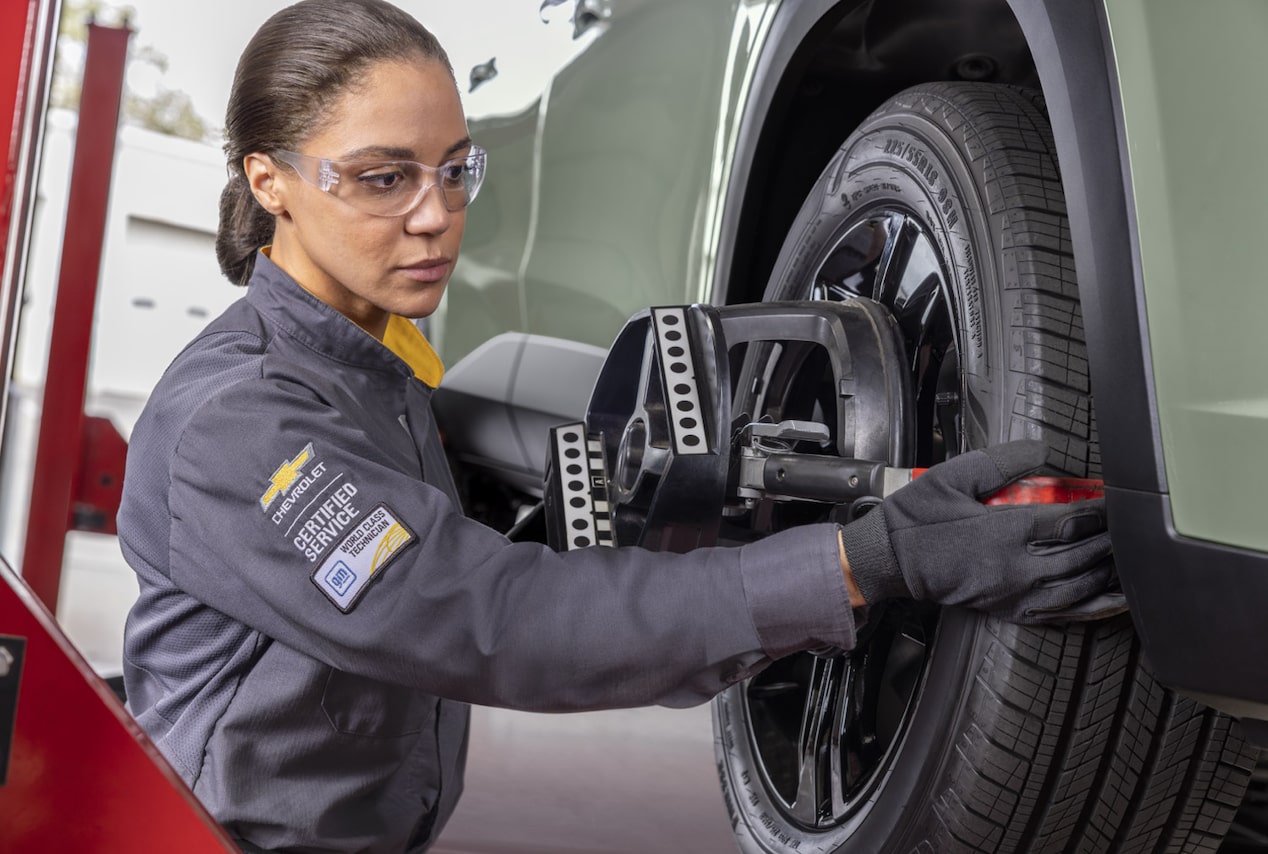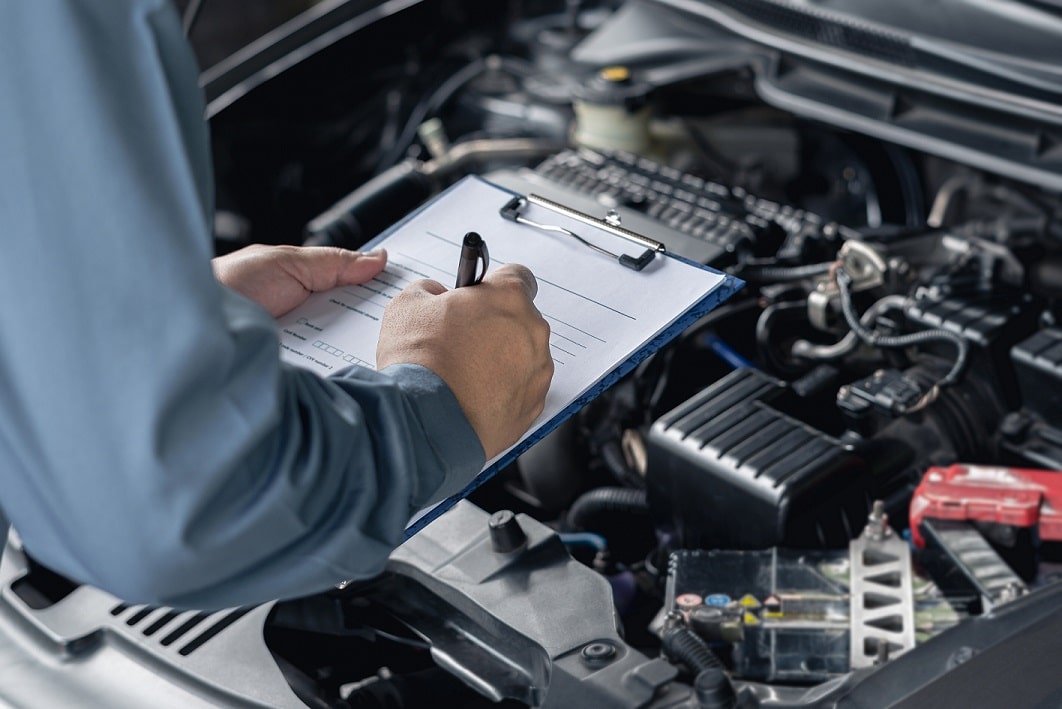All Categories
Featured
When it comes to preserving a car, understanding the distinctions in between routine repair and maintenance is vital for automobile proprietors. Both facets are essential for the longevity and dependability of your vehicle, however they serve unique purposes and are handled differently. By understanding when to execute normal upkeep versus when to address repair services, you can maintain your car running efficiently and stay clear of pricey shocks.
![]()
Regular Upkeep: Prevention is Secret. Routine upkeep entails the normal, precautionary treatment that your vehicle calls for to prevent future troubles. It is normally set up at certain intervals, such as every 3,000 or 5,000 miles, based upon your vehicle's manual or manufacturer suggestions. Regular upkeep aids ensure that your vehicle remains in optimal problem, stopping damage from triggering significant problems down the line.
Some typical examples of routine upkeep include:
Oil Modifications: Regular oil modifications are important to keep your engine lubricated and running effectively. Oil helps in reducing friction in between engine parts, protecting against overheating and unnecessary wear. Tire Maintenance: This consists of tire turnings, balancing, and inspecting tire pressure. Appropriate tire upkeep makes sure far better gas performance, handling, and tire long life. Brake Inspections: Routine look at your brakes, consisting of pads and fluid degrees, can catch any type of prospective problems early, preventing brake failure and making sure safety and security. Fluid Checks and Top-Ups: Ensuring your cars and truck has the best levels of coolant, transmission liquid, power guiding fluid, and brake fluid is essential for general car health. Air Filter Substitute: Changing the air filter makes certain that your engine gets clean air, which assists it run more efficiently and lowers engine pressure. Routine maintenance is generally scheduled and doesn't include fixing any type of broken parts-- it has to do with keeping whatever in great working order and preventing future breakdowns.
Fixes: Repairing the Unexpected. Repair work, on the other hand, are essential when something goes wrong with your automobile. Fixings deal with troubles that affect the vehicle's performance or safety and security and need to be repaired asap. Unlike upkeep, which is preventative, repair work normally happen when components have used out, fell short, or malfunctioned.
Instances of typical repairs consist of:
Transmission Issues: If your vehicle is having problem moving experiences or equipments slipping, the transmission may require fixings or replacement. Engine Failing: If your engine starts misfiring, getting too hot, or delaying, it might require substantial repairs or replacement of elements like the timing belt, pistons, or seals. Brake Repair works: While brake pads belong to regular maintenance, if your brakes are making a grinding noise or are no longer functioning effectively, brake repairs will be required, such as replacing the calipers or the blades. Battery Replacement: If your auto will not begin or the battery is no longer holding a fee, you'll require a replacement battery, which is a repair. Suspension and Guiding Repairs: Concerns with the suspension or steering system-- such as difficulty steering or a bumpy adventure-- can be indications that parts like struts or shock absorbers need repair. Repairs are generally much more costly and immediate than regular maintenance. They are needed when something breaks or breakdowns, which can affect the automobile's capability and safety.
Secret Differences Between Routine Repair And Maintenance. Timing: Routine upkeep is precautionary and performed at set up periods, while repair services are reactive and happen when something fails. Expense: Maintenance is generally less expensive, as it includes checking and changing smaller fluids or parts. Repair work, especially significant ones, tend to be extra costly because of the intricacy of dealing with defective or busted components. Purpose: The objective of maintenance is to keep your vehicle running well and stop problems. Repair work, on the other hand, are needed to fix concerns that have currently happened. Frequency: Routine maintenance happens constantly at established intervals (e.g., every 5,000 miles), while repairs are less foreseeable, frequently happening when components put on or fail out all of a sudden. Why Both are Essential. Both routine upkeep and fixings are essential for the lasting health of your car. Normal maintenance helps keep your cars and truck running efficiently and can stop lots of common concerns from developing to begin with. By remaining on top of arranged solutions, you can address small troubles before they transform into pricey repair work.
![]()
Nonetheless, repairs are in some cases inevitable. Despite having the very best upkeep, components wear with time, and unexpected issues can occur. Addressing them without delay can prevent additional damage and guarantee your car's safety and reliability. when fixings are required.
Conclusion. In recap, comprehending the distinction between regular maintenance and fixings assists you take the ideal actions to care for your automobile. Routine upkeep can conserve you cash by protecting against larger issues, while repair work are necessary when something fails. By staying positive with maintenance and dealing with repair services when needed, you can expand the life expectancy of your car and ensure that it proceeds to carry out at its best for years ahead.

Regular Upkeep: Prevention is Secret. Routine upkeep entails the normal, precautionary treatment that your vehicle calls for to prevent future troubles. It is normally set up at certain intervals, such as every 3,000 or 5,000 miles, based upon your vehicle's manual or manufacturer suggestions. Regular upkeep aids ensure that your vehicle remains in optimal problem, stopping damage from triggering significant problems down the line.
Some typical examples of routine upkeep include:
Oil Modifications: Regular oil modifications are important to keep your engine lubricated and running effectively. Oil helps in reducing friction in between engine parts, protecting against overheating and unnecessary wear. Tire Maintenance: This consists of tire turnings, balancing, and inspecting tire pressure. Appropriate tire upkeep makes sure far better gas performance, handling, and tire long life. Brake Inspections: Routine look at your brakes, consisting of pads and fluid degrees, can catch any type of prospective problems early, preventing brake failure and making sure safety and security. Fluid Checks and Top-Ups: Ensuring your cars and truck has the best levels of coolant, transmission liquid, power guiding fluid, and brake fluid is essential for general car health. Air Filter Substitute: Changing the air filter makes certain that your engine gets clean air, which assists it run more efficiently and lowers engine pressure. Routine maintenance is generally scheduled and doesn't include fixing any type of broken parts-- it has to do with keeping whatever in great working order and preventing future breakdowns.
Fixes: Repairing the Unexpected. Repair work, on the other hand, are essential when something goes wrong with your automobile. Fixings deal with troubles that affect the vehicle's performance or safety and security and need to be repaired asap. Unlike upkeep, which is preventative, repair work normally happen when components have used out, fell short, or malfunctioned.
Instances of typical repairs consist of:
Transmission Issues: If your vehicle is having problem moving experiences or equipments slipping, the transmission may require fixings or replacement. Engine Failing: If your engine starts misfiring, getting too hot, or delaying, it might require substantial repairs or replacement of elements like the timing belt, pistons, or seals. Brake Repair works: While brake pads belong to regular maintenance, if your brakes are making a grinding noise or are no longer functioning effectively, brake repairs will be required, such as replacing the calipers or the blades. Battery Replacement: If your auto will not begin or the battery is no longer holding a fee, you'll require a replacement battery, which is a repair. Suspension and Guiding Repairs: Concerns with the suspension or steering system-- such as difficulty steering or a bumpy adventure-- can be indications that parts like struts or shock absorbers need repair. Repairs are generally much more costly and immediate than regular maintenance. They are needed when something breaks or breakdowns, which can affect the automobile's capability and safety.
Secret Differences Between Routine Repair And Maintenance. Timing: Routine upkeep is precautionary and performed at set up periods, while repair services are reactive and happen when something fails. Expense: Maintenance is generally less expensive, as it includes checking and changing smaller fluids or parts. Repair work, especially significant ones, tend to be extra costly because of the intricacy of dealing with defective or busted components. Purpose: The objective of maintenance is to keep your vehicle running well and stop problems. Repair work, on the other hand, are needed to fix concerns that have currently happened. Frequency: Routine maintenance happens constantly at established intervals (e.g., every 5,000 miles), while repairs are less foreseeable, frequently happening when components put on or fail out all of a sudden. Why Both are Essential. Both routine upkeep and fixings are essential for the lasting health of your car. Normal maintenance helps keep your cars and truck running efficiently and can stop lots of common concerns from developing to begin with. By remaining on top of arranged solutions, you can address small troubles before they transform into pricey repair work.

Nonetheless, repairs are in some cases inevitable. Despite having the very best upkeep, components wear with time, and unexpected issues can occur. Addressing them without delay can prevent additional damage and guarantee your car's safety and reliability. when fixings are required.
Conclusion. In recap, comprehending the distinction between regular maintenance and fixings assists you take the ideal actions to care for your automobile. Routine upkeep can conserve you cash by protecting against larger issues, while repair work are necessary when something fails. By staying positive with maintenance and dealing with repair services when needed, you can expand the life expectancy of your car and ensure that it proceeds to carry out at its best for years ahead.
Latest Posts
Learn About Auto Services & More: Full Services Guide from Montclare Auto Repair
Published May 28, 25
1 min read
Explore the Best Auto Repair Deals in Montclare, Chicago
Published May 25, 25
1 min read
Discover WyHy FCU – Top Benefits for Your Money Goals
Published May 23, 25
1 min read